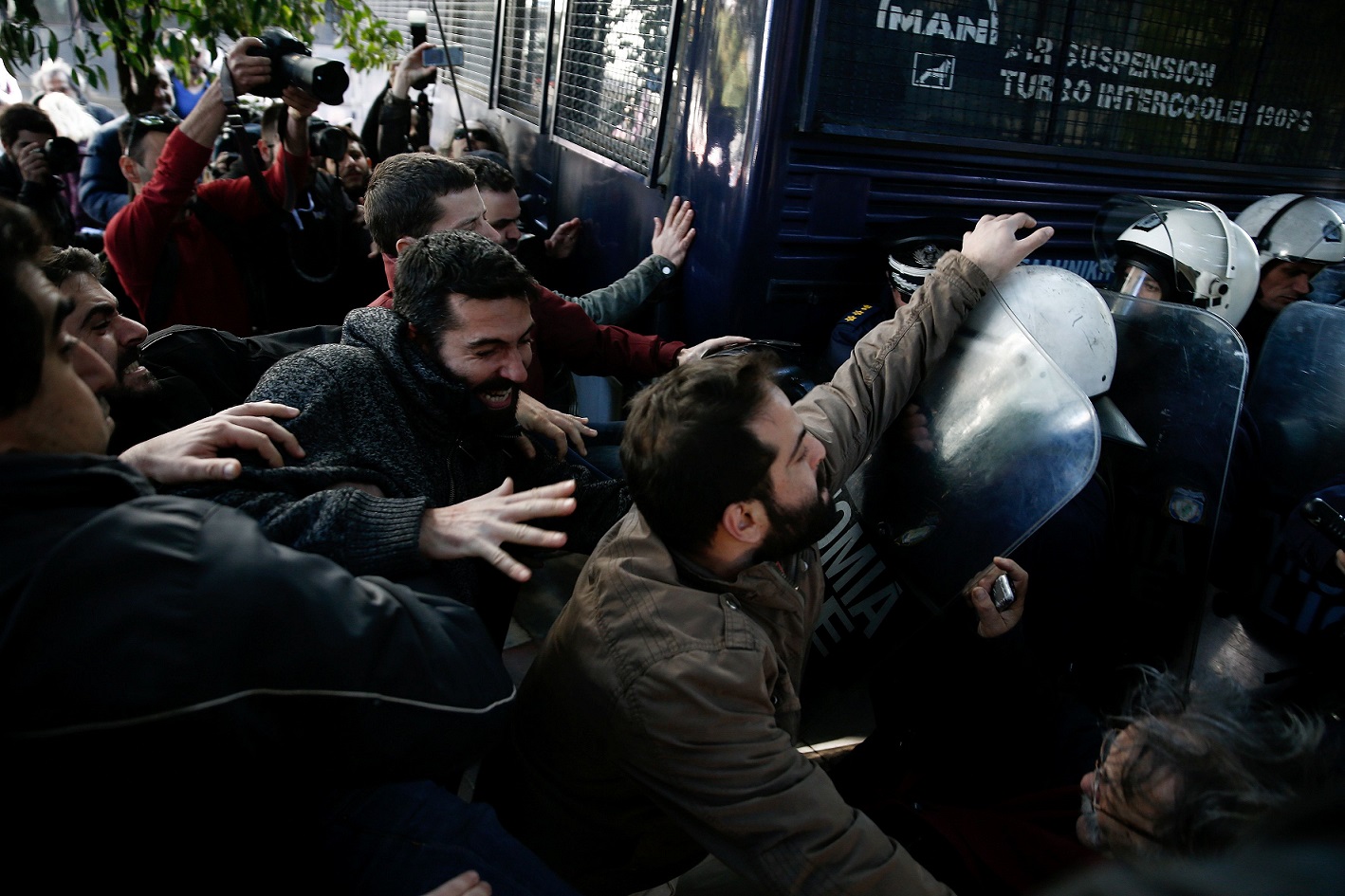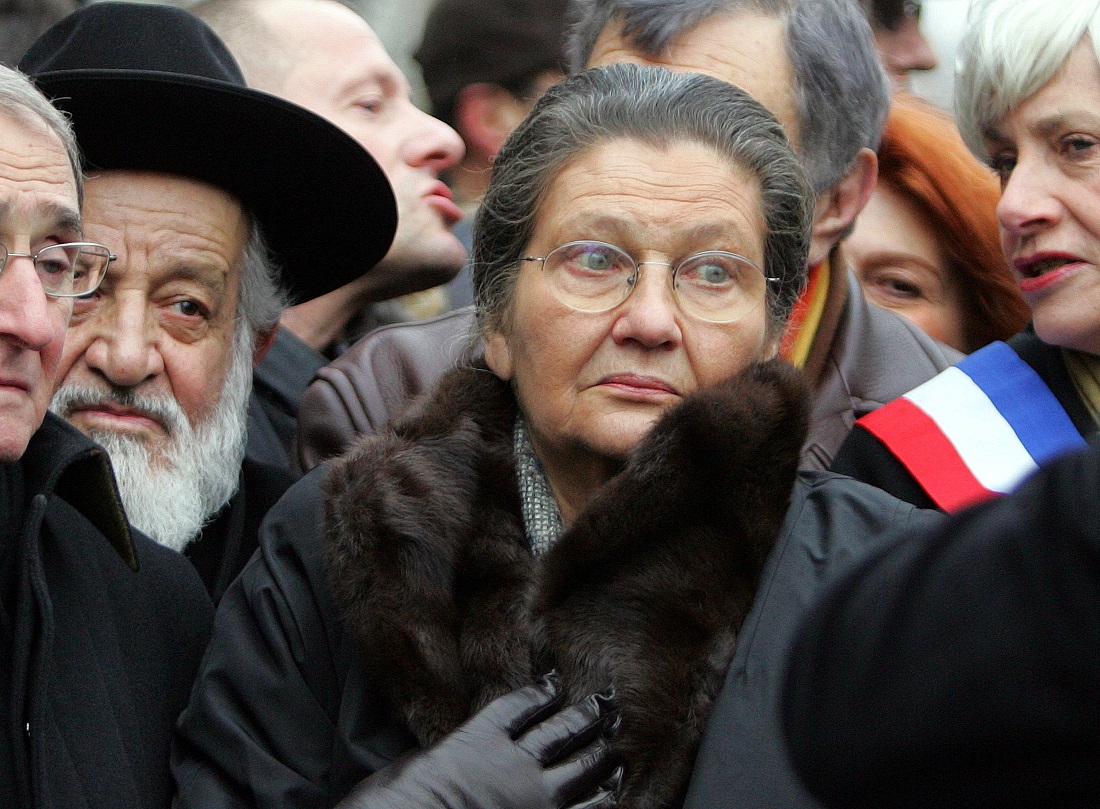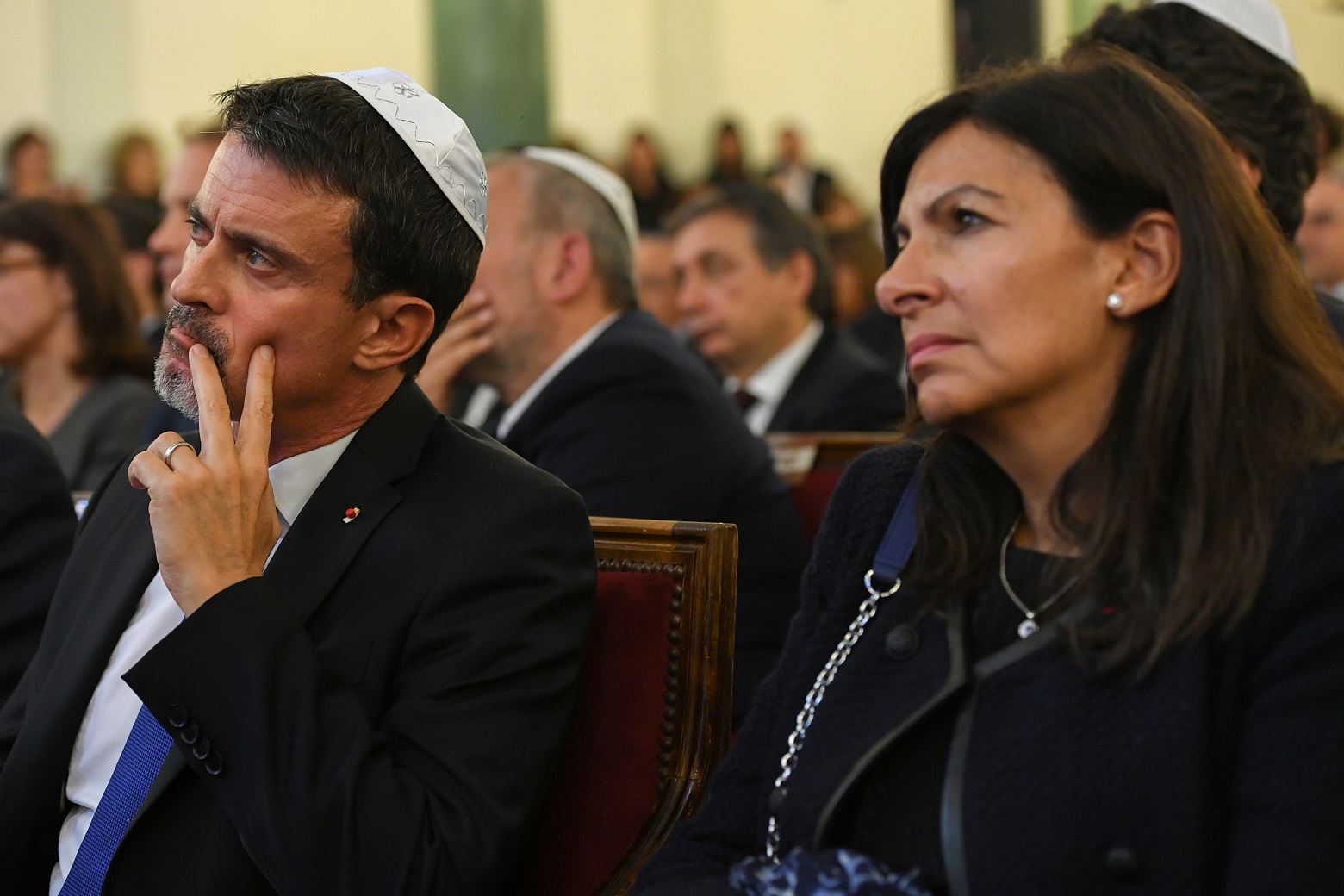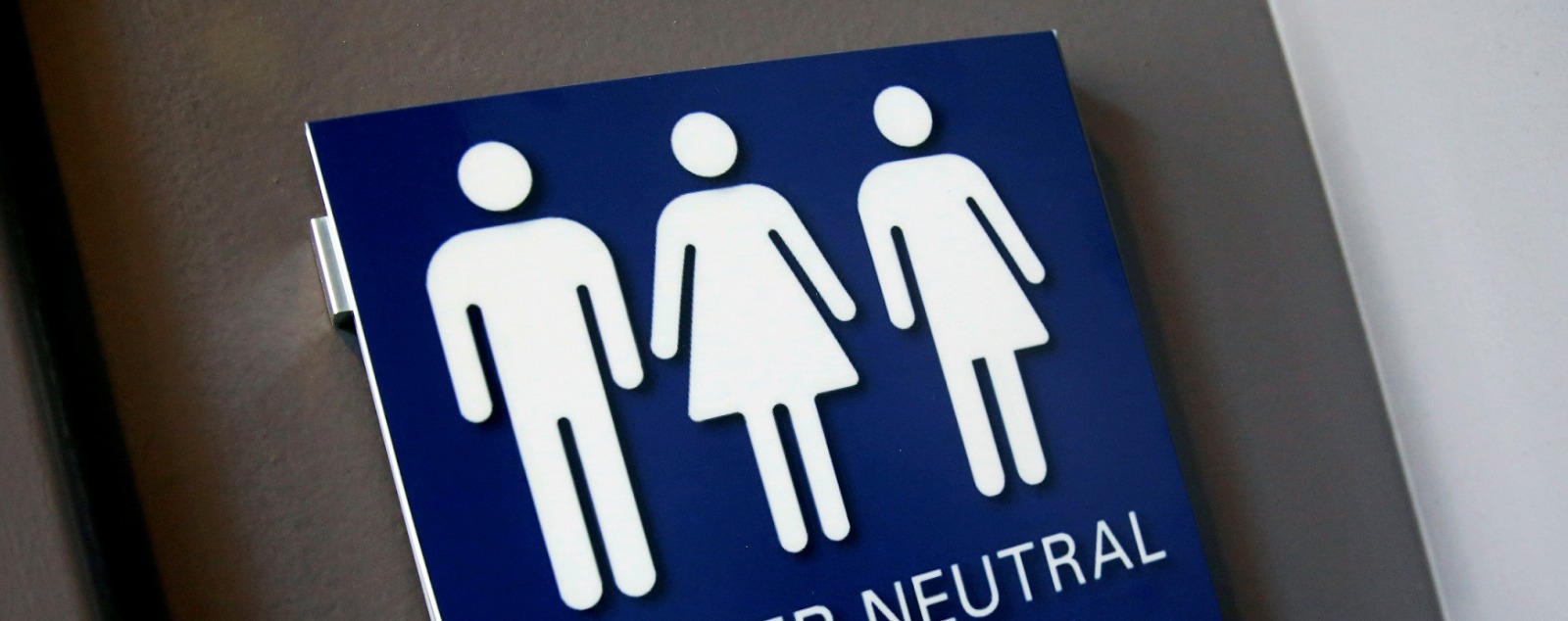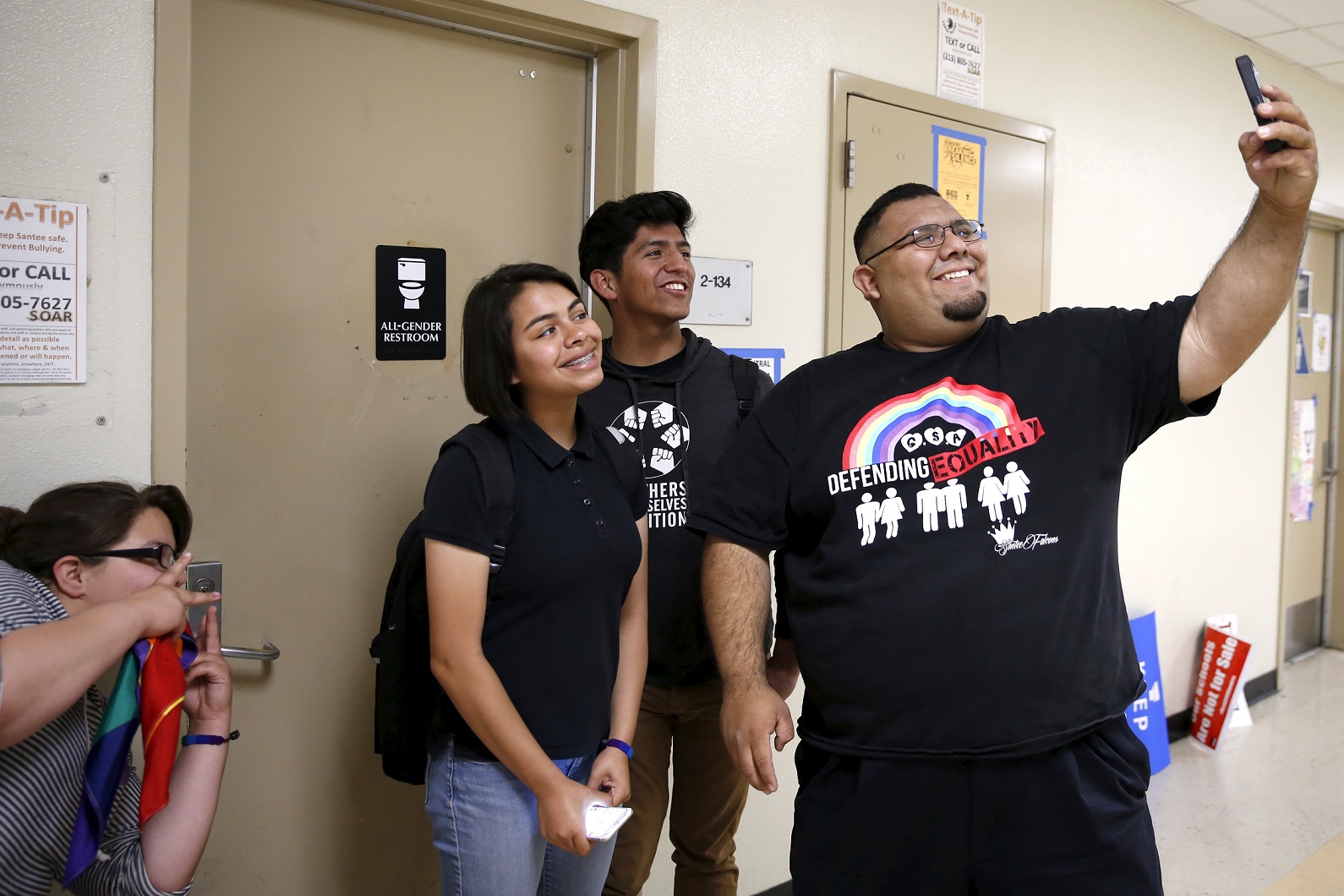Can the threshold of hate in modern society get any worse and what can the Jewish people do about it?
When I was a boy in Eastern Europe, my mother told me that if I went to school and was good to others, then life would treat me well. Today, however, I can’t see parents in Europe saying the same thing to their children. New waves of xenophobic hatred are sweeping over the continent, marking a growing need for a different approach.
Austria’s and the Czech Republic’s elected representatives are aggressively demanding an end to immigration. Hungary has made the call for Europe to become immigrant-free. Germany’s far-right has gained momentum as a political party for the first time since the end of World War II. Poland recently honored a historian with a national medal in the same month he published an article downplaying Jewish suffering during World War 2. Also, one of Italy’s leading soccer teams, Lazio, recently posted stickers of Anne Frank wearing the Roma team’s uniform in Rome’s Olympic Stadium as a means of disrespect to the Roma team, since Roma is often regarded as being left-wing and Jewish.
Xenophobic hatred has reached new magnitudes in Europe. Before it sets ablaze great conflicts, as it has before, we have to understand where it is come from what could be done to prevent the escalation.
“Europe is a key representative of the 21st century world, the decline of a Western culture that until recently was flourishing. Today, Europe is an emblem of what the entire world is starting to experience: the end of the era of excessive individualism.”
The Paradox of Our Era
While human society is moving towards a technological renaissance, we are losing motivation. The drive to excel in many of the fields we applied ourselves in the past is fading, since there are visible signs that they will become obsolete or taken over by robots. As times become more baffling and difficult for people personally, socially and economically, more and more people feel that foreigners are a disruption to their lives.
The Europeans are the first to experience the damage resulting from massive waves of immigration. Initially, they thought immigrants would fuel the aging continent with new blood. They thought they could gain from an influx of immigration, and openly welcomed immigrants. However, when they started seeing European culture, education and economy at risk, many Europeans then understood that they would not be able to gain from this situation, and swarmed in droves to the far-right.
Europe is a key representative of the 21st century world, the decline of a Western culture that until recently was flourishing. Today, Europe is an emblem of what the entire world is starting to experience: the end of the era of excessive individualism.
As a reaction to the failure of excessive individualism, nationalistic values make a sudden comeback. However, this burst of nationalism is only reactionary and provides no lasting solution.
People remain unsatisfied. Our desires are much more demanding today than they were in the previous century, and we’ll increasingly find that whether we hover to the right or to the left, we’ll never find any lasting satisfaction and comfort. Moreover, the tendency to unite one part of society in detachment and opposition to other parts is one that leads to Nazi regimes, world wars and much suffering if it gains widespread momentum.
An example of this kind of unity was recently expressed by ex-white supremacist Kevin Wilshaw’s statement on Channel 4 when he publicly left the far-right. He mentioned the feeling of togetherness in the far-right as stemming from “being attacked by other people”: “Even though you end up being a group of people that through their own extreme views are cut off from society, you do have a sense of comradeship in that you’re a member of a group that’s being attacked by other people.”
Today’s world looks more and more like a prison yard where you have to choose your gang to get a sense of support: you’re either on the left or on the right. Moreover, as a sense of togetherness is missing in society at large, many people flock to find that togetherness in the far-left or far-right, which feed on hatred of their opposition.
So are we doomed to head into the future with this escalating struggle?
“As a reaction to the failure of excessive individualism, nationalistic values make a sudden comeback. However, this burst of nationalism is only reactionary and provides no lasting solution.”
An Alternative to Hatred-Based Unity
We can reach economic stability, social well-being, a sense of security, happiness and fulfillment by reorganizing our socio-economic systems under a single, fundamental principle: universal connection above all differences. This principle is based on the natural connection that we share as human beings. Moreover, contrary to the far-left version of communist unity, and the far-right version of Nazi unity, the principle of connecting above differences allows unity to strengthen social diversity and each person’s ability to express their individuality in society.
How does that work? It works because this principle emanates from nature itself. As is visible in any living organism, nature’s opposite forces form a single system that functions in perfect synchronization. Therefore, by establishing a delicate connection that binds all the opposites into a single whole, through mutual consideration and acceptance, we have the ability to progress positively as a society.
The first society in history based on connecting above differences, and not on the basis of each group’s differences, was founded in the ancient kingdom of Babylon about 3,800 years ago. A cluster of people from different cultures, languages and backgrounds gathered together under an ideological umbrella of connection above all differences.
This society emerged at a time when people felt growing social divisions, and instead of letting the divisions develop into conflicts, as it did with the other Babylonians, they transcended their differences and connected for the good of all. About this connection is written, “love covers all crimes” (Proverbs, 10:12). This society developed into what is known as “the people of Israel.” Abraham guided their connection with a method that was later titled “the wisdom of Kabbalah.”
“The revealed unity of the moral, spiritual, and intellectual world with the material, practical, technical and social world is expressed in the world by Israel. Also, the uniqueness of the Land of Israel is to attune the world to the revelation of this unity, which gives a new face to the culture of humanity.”
Rav Abraham Isaac Kook, Orot Hakodesh
There is immense significance of this connection above differences that the people in ancient Babylon formed. These people became known as “the Jews” (“Yehudim“), from the Hebrew word for “united” (“yihudi“) (Yaarot Devash, Part 2, Drush no. 2), and their accomplishment of connecting above their differences carved itself into humanity’s consciousness. It is actually the reason why so many people hate the Jews. That is, if the Jewish people do not realize their ability to connect above their differences, thereby letting this tendency spread to more and more circles of society, then they are like a clog in the system. Many people subconsciously feel that clog, and blame the Jews for anything bad happening in their lives.
“It is a fact that Israel is hated by all the nations, whether for religious, racial, capitalist, communist, or for cosmopolitan reasons, etc. It is so because the hatred precedes all reasons, but each merely resolves its loathing according to its own psychology.”
Rav Yehuda Leib HaLevi Ashlag (Baal HaSulam) The Writings of the Last Generation.
Today’s xenophobia in the Western world is a precursor to tomorrow’s hatred that will be aimed at the Jews. As long as the Jewish people neglect their innate ability to unite “as one man with one heart” (Rashi’s commentary to Bamidbar 1:2), the hatred and dissatisfaction felt by more and more people will turn increasingly towards them. In short, if we Jews don’t unite, then the world will unite against us.
It was the connection above the differences that established us as a Jewish people. This ideology is hidden deep in our root. We have the method that can guide our detection of these roots, nurture them and grow them into a positive reorganization of human society. All we need is to shake away the misconceptions about the wisdom of Kabbalah, understand that it is a method for connecting people above all differences, and then by realizing this method, discover how we can replace today’s growing hatred, xenophobia, dissatisfaction and insecurity with mutual acceptance, happiness, confidence and social well-being.
The positive or negative form of unity society can take on is in our hands, and I hope we will awaken to realize our positive unity sooner rather than later.

